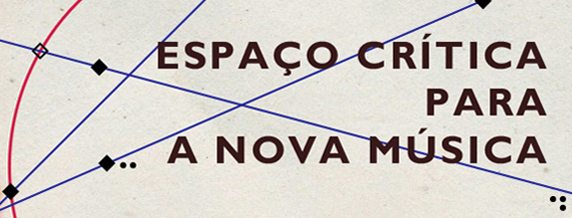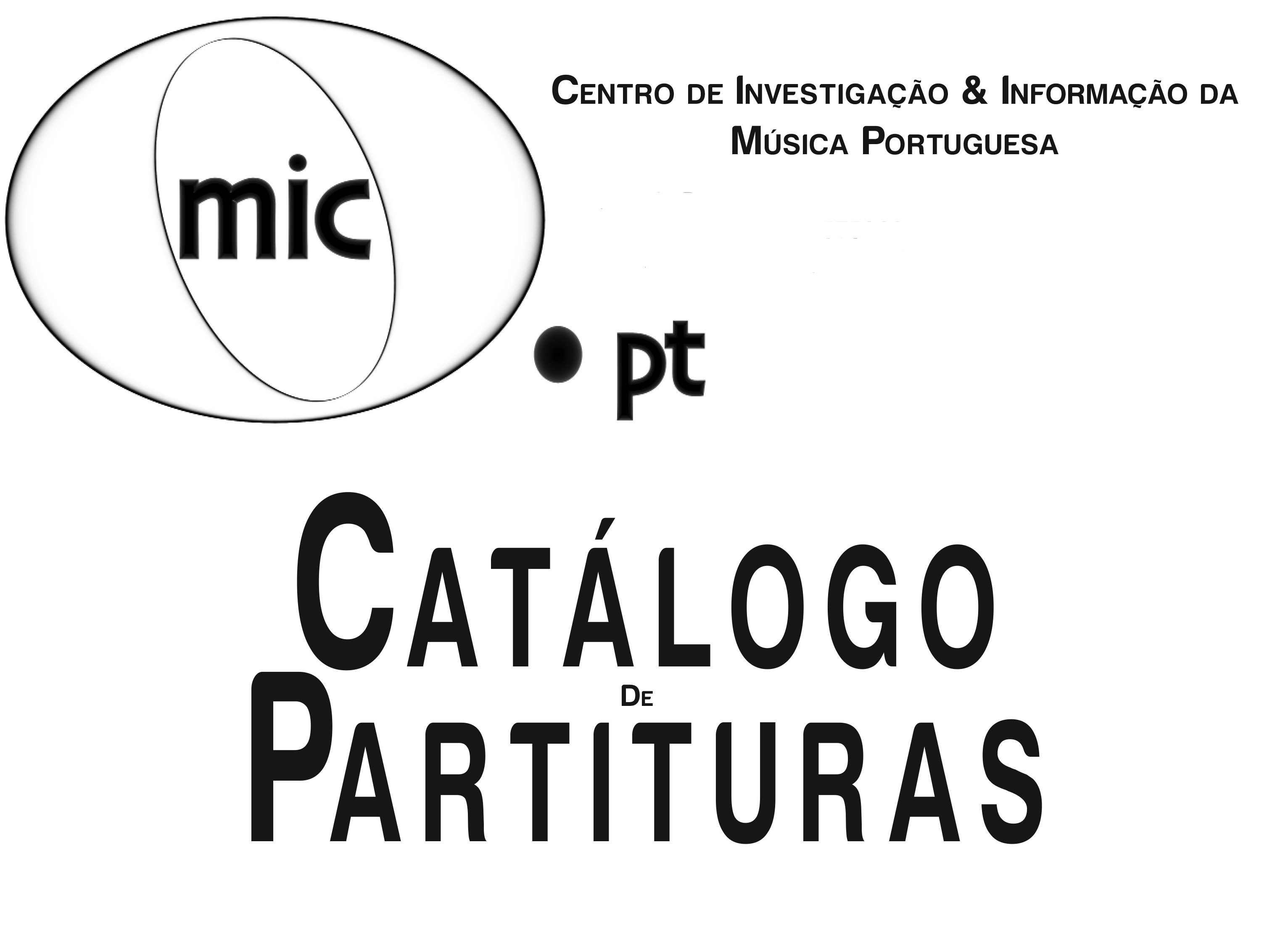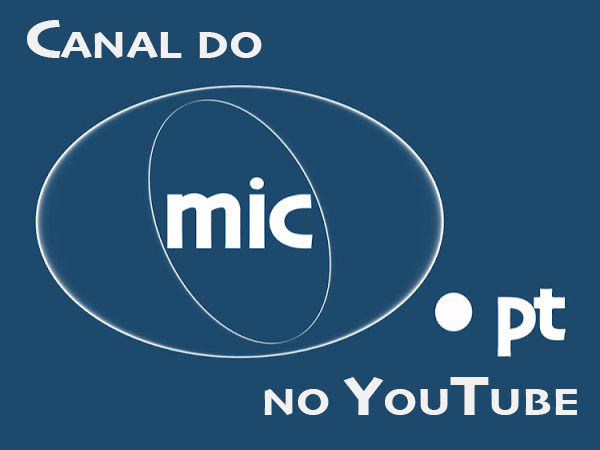Questionnaire / Interview
Part 1 - Roots and Education
How did music begin for you? Where do you identify your musical roots? Which paths led you to composition?
It began with the music there was at home, that is to say, my father’s collection of discs, which included a large part of the mainstream classical repertoire, and some jazz. Then there was the inevitable recorder, at primary school, and singing in the choir, but as far as learning the repertoire goes, it was the discs at home. I quickly became a great admirer of Tchaikovsky and Sibelius. Later I joined a music group semi-connected to the school I attended, in which I sang in the choir and played double bass in the orchestra, and I also took part in a production of the Ludus Danielis, which was a remarkable introduction to the world of mediaeval music. I began to be seriously interested in music during this time, and when I was 13, I realized that I had to be a composer – before I had thought that I would go to university to study languages. I remember hearing an analysis of a song by Debussy on the radio, done by Anthony Hopkins, which made me want to try to compose a song, having understood many subtle points about which I had never previously thought, and so I did, but the musical model was a song by Tchaikovsky, Moy geni, moy angel, moy drug… I took the song to my music teacher at school, who encouraged me, and thereafter I never stopped writing.
Which moments from your musical education proved as the most important to you?
The most important moment was without a doubt the experience of singing in Stravinsky’s Symphony of Psalms. I came to know the score very well indeed, since I went to both choral and orchestral rehearsals. The last movement – that movement-in-stasis – became for me a kind of model, and much of my music endeavours to arrive at a similar moment of complete transcendence. Indeed, those rehearsals became the centre of my life at that time. I also remember going with a group from school to hear Shostakovich’s Symphony no. 10, at the BBC Proms in London, and, later, with a friend, to hear Stockhausen’s Inori, conducted by the composer, and the British première of Boulez’s Répons, also conducted by the composer. I was delighted by that first version, by the way in which the electronics opened a completely new and magic world of sound (and very disappointed by the revised version that appeared many years later on CD!), and delighted also by Boulez’s conducting style, which profoundly impressed me. I remember also going, while at London University, to see Ligeti’s Le Grand Macabre in London, which opened my eyes to a completely different approach to opera (and to the history of music). During this time I also used to go regularly to London to by discs and scores of contemporary music – it was then that I discovered the music of Arvo Pärt and Henryk Górecki, at the time almost completely unknown in Britain – and early music. I can say that the music of the renaissance (including the Portuguese renaissance) was as important to me as contemporary music.
Part 2 - Influences and Aesthetics
Which references do you assume in your compositional practice? Which contemporary and historical works are the most important to you?
As I said, the Symphony of Psalms by Stravinsky was the most significant work; it led me to discover the rest of his music, and I was impressed above all by the works of the Russian perdiod (especially Zvezdoliki, Les Noces and Renard) and by the late works, such as Movements and Requiem Canticles. But as I was discovering these works, I was also greatly interested in the music of Britten, for example. Today I feel much more ambiguous about Britten’s music, but those works by Stravinsky stayed with me, as it were. I also came to know at quite an early stage the music of John Tavener, with whom I later studied, and his music had a strong influence on mine, though the resemblances naturally diminished over time. I consider certain works, such as Akhmatova Requiem and Ikon of Light, to be masterpieces. Other names that were very important to me are Sofia Gubaidulina, the Australian Peter Sculthorpe and the Greek composer Michael Adamis, and renaissance choral music continues to be very important, as well as Byzantine and Russian liturgical chant.
The opposition between “occupation” and “vocation” constitutes one of the questions in defining the composer’s artistic approach. On the scale between the emotive (inspiration and vocation) and the pragmatic (occupation), where do you localize your way of working and stance as composer?
I suppose that it’s precisely in the middle, since I soon learnt to reconcile the internal need to create with worldly demands… but it changes a little with each work. In general, I like what Stravinsky said about this, that it’s better to have some limits for a given piece, which can awaken creativity. I think it’s much more difficult then this is not there, when there is no frame for the work that can challenge the composer.
Could you describe the process behind your compositional practice? Do you write from an embryo idea or after having structured the global form of music?
First I have to know the work’s why. I need to know its raison d’être, what it’s about. Then I walk about, thinking in a completely disorganized manner until I know, when I sit down to work, what the work is. Usually this comes as a fragment of melody, a chord, or something vaguer, a sound image coloured but not absolutely defined. When this is done, I can begin to write notes, and it it is a long work, I make a drawing of the form. But all this can change while I am in the process of composition: the work gains its own life and to begin to assume unexpected shapes. It’s a kind of dialogue between the work and me. Obviously, a text provides a starting point that already has formal implications, but even so I need to follow the same process.
Some would say that music, due to its nature, is essentially incapable of expressing anything, neither feeling, nor mental attitude, psychological disposition nor natural phenomenon. If music seems to express something it is only an illusion, a metaphor and not reality. Could you define, in this context, your aesthetic stance?
I have never known how to answer this question. Intellectually I feel that I should say that music expresses nothing, but my experience goes against this. But even if it is capable of expression in this sense, perhaps what it expressed varies according to the listener, which does not necessarily mean that it is an illusion or a metaphor… Music is decidedly complex and mysterious!
Are there any extra-musical sources, which in a significant manner influence your work?
Yes, certainly. My vision of musical creation is theological, or, rather, doxological. For me, music has a spiritual function, and a spiritual origin. In my particular case, I work very much with theological concepts of the Orthodox Christian tradition. Thus, apart from many works that set liturgical or spiritual texts (such as the Akáthistos Hymn or The Dormition of the Virgin), there are also instrumental works that investigate theological concepts, such as the piano concerto Linnunlaulu, which deals with the idea of Creation, the string quartet Lamentations of the Myrrhbearer, which deals with the theme of repentance, or the double bass concerto The Morning Star, which has to do with the theology of the Cross. But there are also works whose origins lie in images from the natural world – such as Pipistrello for tuba and brass ensemble, inspired by the image of a bat, Dragonfly, a concerto for bass clarinet and ensemble that was inspired by the image of a dragonfly taking wing, and Fioriture for piano, which I wrote while I was in hospital last year, thinking about spring and rebirth.
How do you see your work on the panorama of Western music evolution? Do you feel particularly close to any school or aesthetics from the past or contemporary?
Well, I have inevitably been described as a holy minimalist, and, as I said before, I greatly admire Tavener, Pärt and Górecki (though anyone who knows the styles of these three reasonably well would never confuse them!). But apart from being a composer who writes a great deal of music that arises from the Christian tradition, I don’t recognize myself in that label. Firstly, my music has changed over the years, admitting once more, after a period of austerity, more complex harmony and more fluid structures, especially with the use of heterophony, which has given rise to an unexpected rhythmic complexity. I also never lost my interest in modernism, or what I call the old-fashioned avant-garde… I have many recordings of works by Xenakis, Berio and Ligeti, for example. Perhaps I’m a postmodernist, on account of my perspective on musical history, but I don’t much like that label either… I don’t believe in the idea of musical evolution, only in change. And as I am not a prophet, I can’t see the future in order to locate myself within it.
Are there any connections between your music and non-Western cultures?
Yes, with Byzantine chant, which served as a basis in many ways, whether as a melodic base, or a structural starting point. Though Greece is part of Europe, Byzantine culture extends through many countries, from the Lebanon to Romania, and it has a strong non-Western component, especially in terms of micro-intervals and in its conception of time.
Part 3 - Language and Compositional Practice
How can you define your musical language when taking into account the techniques developed in the 20th and 21st century composition? Are there any genres / styles for which you have preference?
This has to do with what I said above about aesthetic schools, postmodernism and so on. I can say that my music has little to do with the so-called new complexity, that it functions on the basis of modality (and not tonality), but more than that is difficult… I also don’t consider myself to be a minimalist, though there are minimal moments in some of my pieces. As to genres, they all interest me, but my trajectory has had a great deal to do with choral and vocal music and less with orchestral music, for example. Nevertheless, I have written a good deal for instrumental and orchestral groups – I have a particular fascination with the concerto (I have already written concertos for piano, viola, double bass, recorder and harp, and I have plans for others), or, perhaps the subversion of the idea of the concerto…
Which of your works do you consider turning points in your career as composer?
I believe that Passion and Resurrection (1992) was highly significant for the affirmation of my musical language, and in terms of length and depth. Then Endechas y Canciones (1996), a cycle written for the Hilliard Ensemble, opened a new path in terms of harmonic language and the possibilities of traditional music. The Akáthistos Hymn (1998) was also very important in that it is a work – for a cappella choir, lasting 90 minutes! –completely organized according to a liturgical structure but incorporating different aspects of my compositional language. With Canon for Theophany in 2002, I think I managed for the first time to create a large-scale structure that brought together my creative instincts and the liturgical imperative. In the following year, Linnunlaulu for piano and orchestra, commissioned by OrchestrUtopica, was also a point of consolidation, but in this case in terms of instruments, and it was also a starting point, in ts use of heterophony. And Passione Popolare (2005) and Ossetian Requiem (2006) were important in different ways. The former connected the liturgical with the instrumental and with the folk (in this case the Magna Graecia of Byzantium and Italy) in a completely integrated fashion, and I was very proud that it was premiered beautifully by an entirely Italian ensemble, in an Italian festival. The latter was an instinctive reaction to the tragedy in Beslan, and I was very afraid of getting into politics; but with a commission for s short requiem, I found a way of dealing with the subject. In 2008 I wrote Stabat Mater for choir and string quartet, which was also a meeting between East and West, bringing together texts and musical languages of Greek, Russian, Sardinian and, of course, English inspiration. Since then, I have tried to deepen and intensify these linguistic meetings in musical terms.
Part 4 - Portuguese Music
What do you think of the current situation of Portuguese music?
I think there is huge compositional talent in Portugal, and that the level of young composers is higher than that than their contemporaries in, for example, Spain or Italy. I think that this comes precisely from the contradiction of the Mediterranean on the periphery. What there isn’t, as we all know, is opportunities. A friend said to me recently that when he goes to the website of Finnish Radio, Sibelius is almost always playing. Imagine if, when you went to the RDP website, you almost always heard Freitas Branco or Vianna da Motta... The presence of Portuguese music in concert is practically limited to overtures, followed by the great works from the centre. Consequently, living composers are treated in the same way, as a kind of necessary evil. But I still insist that there is huge compositional talent in Portugal, and that there are certain institutions, usually private or semiprivate, that have the vision to support these efforts.
Part 5 - Present and Future
What are your current and future projects? Could you highlight one of your more recent works, present the context of its creation as well as the particularities of the language and the techniques used?
I always have many projects at any one time, and I that’s the way I like it… I have personal projects, such as the desire to write concertos for trumpet and for saxophone, and others that arrive, such as the invitation from the fabulous Italian group De Labyrintho to write a long work on texts from the Book of Ecclesiastes (Qoholet). This work had to be written for two choirs and consort of viols, and so was very specific in its nature, though that was not particularly strange to me! I used four languages (English, Greek, Hebrew and Latin), and, as usual, each language required a different musical treatment… the challenge was to create a unity from these diversities. I think that it’s a kind of summary of my musical dialects to date. Current projects include a series of works on texts by Dante for vocal and instrumental ensembles, and projects under discussion include a marimba concerto and a series of songs for soprano and string quartet.
How do you see the future of art music?
With optimism, which is the only thing that can dispel pessimism.
Ivan Moody, April 2014
© mic.pt
Ivan Moody's official website: ivanmoody.co.uk
Ivan Moody on SoundCloud: soundcloud.com/ivanmoody





